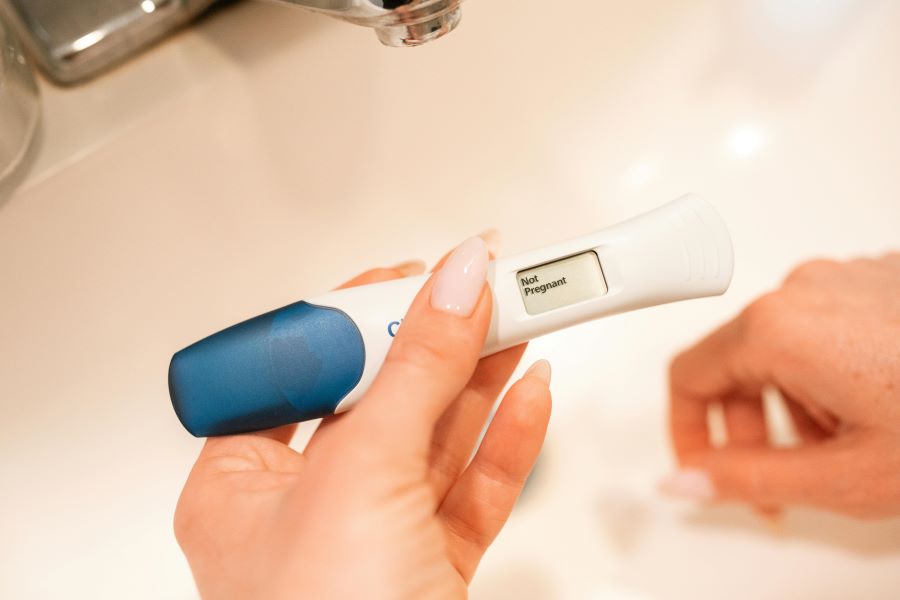In each of our lives, we meet various people and initiate relationships that profoundly influence us. Some of these relationships are positive and beneficial to our development, while others can be toxic and harmful. Fortunately, even from the most difficult experiences, we can draw valuable lessons. Discover four important lessons we can learn from toxic relationships and how these lessons can guide us towards a healthier and fuller life.
We learn to respect our personal boundaries
Toxic relationships often develop when personal boundaries are not respected or crossed. In these relationships, we often find ourselves compromised or forced to surpass our own limits in an attempt to meet our partner’s needs or desires. However, this can negatively affect our well-being and mental health.
An essential lesson we can learn from toxic relationships is the importance of establishing and maintaining healthy personal boundaries. We learn to assert our needs and trust our own intuition when we feel something is wrong. Learning to say “no” when we feel pressured to cross our boundaries is a crucial step towards autonomy and self-respect.
- Advertisement -
We recognize the importance of healthy communication
Poor communication is often a characteristic of toxic relationships. Lack of communication or aggressive and manipulative communication can create a toxic environment where we feel misunderstood or undervalued. We understand that being able to communicate openly and honestly in our relationships is vital to avoid unnecessary tension and conflicts.
From toxic relationships, we learn not only to speak but also to listen attentively and empathetically. Healthy communication involves being open to expressing our feelings and needs but also being receptive to what others have to say. We learn that effective communication is key to building authentic and harmonious relationships.
We understand the importance of mutual respect
Mutual respect is an essential pillar of any healthy relationship. In toxic relationships, respect may be absent or only partially granted, leading to resentment and bitterness. We learn that it is vital to seek partners who treat us with respect and to recognize signs of disrespectful behavior in our relationships.
From toxic relationships, we realize that self-respect is essential. We learn not to allow others to treat us with contempt or underestimate our worth. Instead, we commit to respecting ourselves and seeking partners who treat us with dignity and genuine love.
We grasp the importance of self-awareness and personal development
Toxic relationships can be powerful catalysts for growth and personal development. By facing the difficulties and pains in these relationships, we have the opportunity to self-reflect and better understand who we are and what we want from life. We learn to recognize our behavior patterns and engage in a continuous process of growth and healing.
From toxic relationships, we realize that personal development is a vital and ongoing process. We learn to take responsibility for our own happiness and well-being and actively seek ways to improve our lives and relationships. Instead of succumbing to victimization, we choose to use our difficult experiences as valuable lessons to guide us towards authenticity and fulfillment.
In conclusion, toxic relationships can be difficult and exhausting, but they also provide us with precious opportunities for growth and learning. By learning to respect our boundaries, communicate healthily, seek mutual respect, and grow personally, we can transform our negative experiences into catalysts for a healthier and happier life.











